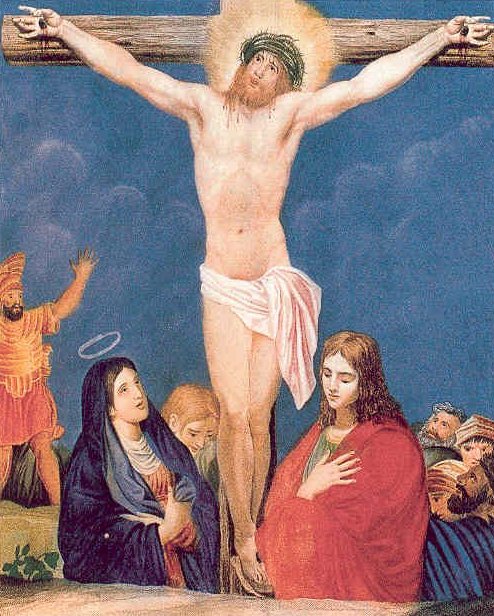Part II of the forgiveness post is taking me longer to articulate than I expected. Sometimes getting things from head and heart to paper (or blog) is like giving birth. Things tear and bleed and hurt.
In any case, while I get an epidural, here is a blast from the very distant past. I journaled a bit when I was a teenager, and I believe the following snippet was written when I was 17 or so. My actual thoughts have shifted quite a bit since writing this (I'm almost twice as old!), so don't go commenting as if this something I accept today. Since a lot of the conversation I've been hearing lately has been about the journey of faith, I thought I would look into mine a bit more. As far as I remember, this is my first written attempt at articulating the relation of God to creation, and the beginning of my rejection of creation ex nihilo for creation ex dei.
Does anyone see any glaring problems in the following framework?
---------------------------------------------------------------------------------------------------
...which does bring up another good point to pursue. Why is Satan still here? Why is it that God can destroy the entirety of civilization with Noah with the justification that they are evil and have turned from Him, yet not destroy Satan himself? I think that we have to look at the way the universe is set up to explain.
Physics tells us that all things are constant in the universe. Nothing is either created or destroyed. Matter is always conserved in a reaction; energy is always conserved in a process; momentum is always conserved in a collision. Granted, there are times when matter can be converted to energy and vise versa, but the rule is that all things are conserved. No exceptions. When we die, our bodies decay and rot and become life again while our souls soar towards the heavens and eternity. Everything is conserved. Almost as if God is not willing to destroy anything that He as created.
Which makes sense to me. God created the universe, and after each step said “It is good,”. Why would he destroy something that He Himself has deemed good? He may destroy, like He did Sodom and Gomorrah, but isn’t that just the destruction of something man made? Don’t those atoms still exist, just in a different form? And don’t the souls of those who died still exist? You see, God didn’t really destroy, He just changed the things that he had created. And it seems that changing and creating is the only thing God ever does. Lack of destruction on the part of God gives a new meaning of sacredness to the things He has created.
Satan, however, is a different story. Satan has a spirit of destruction within him. Satan destroyed the bond between God and Adam in the Garden of Eden. Satan destroyed the bond between brothers when Cain killed Abel. Satan destroyed the connection between man and woman with lust and perversion. And Satan destroys the bond between me and God. The times I feel furthest from God, have the craving and desire to destroy. Not only to destroy, but to obliterate from existence, so that nothing remains of the object of my anger. Satan is a destroyer.
Which may, in fact, be the definition of sin to God. The act of destruction. God could no longer be with Adam because Adam had taken part in the destruction of something God had created. And this continues. God cannot be with man because man has destroyed something that He as created, and that is an abomination to Him. And God despises Satan because Satan is the Destroyer. Probably, that is what separated God and Lucifer in the first place. God created Something, and Lucifer thought that the Something would be best destroyed. God refused to destroy the Something, so Lucifer tried to go behind God’s back and destroy it. Hence the separation of God and Lucifer. Other angels thought that Lucifer had the right idea, that destruction of the Something was the way to go, so they were cast out of heaven also.
Whether or not Lucifer succeeded in destroying the Something is irrelevant, and whether or not Satan has the ability to create is fairly irrelevant also. The fact is that Satan destroyed, if not the Something, then the relationship he had with God. And the destruction of what God had created was reprehensible.
God still refuses to destroy, which is fine by me. Even in the End there will be no destruction. Except for the destruction of evil, which is something that God never created anyway. All of our souls will live eternally, either with God or in the Lake of Fire, and Satan and his henchmen will burn in the Lake of Fire as well. And what an amazing end for them. They will be conserved, these spirits that burn but are never consumed, yet the evil that caused them to destroy will be burned away forever, leaving only the glorious things that God has created.













